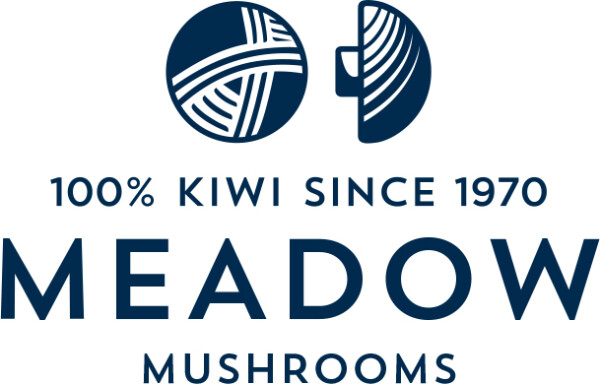The challenge
When Meadow Mushrooms set themselves the ambitious goal of becoming one of Aotearoa New Zealand’s first large carbon-neutral food producers, they engaged our thinkstep-anz team to help them reduce the environmental impacts of their packaging.
Our brief was to help the company understand the carbon footprint and material circularity of different packaging options available for their mushrooms. ‘Carbon footprint’ measures the amount of greenhouse gas a product emits. ‘Material circularity’ measures how well a product ‘circulates’ (reuses) the materials that make it up. Keeping products and materials circulating is a central principle of circular economy.
About Meadow Mushrooms
Meadow Mushrooms is a family-owned business based in Canterbury, New Zealand. The business employs over 450 people and won the EY Family Business of Excellence Award in 2018. It is New Zealand’s largest mushroom grower producing over nine million mushrooms per week.
Meadow Mushroom’s cardboard punnets are a feature in supermarkets around the country.

How we helped Meadow Mushrooms
Measuring the carbon footprint of the packaging options
We carried out a study to understand the carbon footprints of different options for punnets with a 200g capacity. These options involved punnets made from different materials, including recycled materials, and produced both locally and overseas. We measured the carbon footprint as Global Warming Potential in kilograms of carbon dioxide equivalent (kg CO2e) per punnet. The study was based on international standard ISO 14067.
Our study covered the punnets’ full packaging life cycle: producing and transporting the raw materials used to make a punnet, manufacturing and transporting a punnet, filling a punnet and distributing it to retailers, and disposing of the packaging at its end-of-life.
Measuring the material circularity of the packaging options
We used the Material Circularity Indicator (MCI) to quantify the material circularity of the different punnets. How well do they keep materials circulating? To what extent do they avoid materials ending up in waste? How well do they help Meadow Mushrooms retain the value the company has invested in their packaging?
Third-party review
As Meadow Mushrooms will use the results of our study publicly, we arranged an independent review of our work.
How we are enabling Meadow Mushrooms to succeed sustainably
Meadow Mushrooms now have the detailed, science-based data they need to decide how to make their packaging more sustainable. This data will also help them communicate their decisions with suppliers, and wholesale and retail customers.
Reduce their carbon footprint and risks
The data we have provided will help the business reduce the carbon footprint of its packaging. It will also help it identify and reduce future risks to the business and get ahead of changing legislation.
Build brand loyalty and support their marketing
Armed with this information, Meadow Mushrooms can promote their products to wholesale and retail customers, confident that they can back up their claims about their carbon footprint and circularity. With consumers increasingly looking to put sustainable food on their tables, being able to communicate that their mushrooms have a lower carbon, circular advantage over competitors’ produce may help Meadow Mushrooms build brand loyalty.
Continue to improve
The carbon footprint and MCI calculations provide a base for Meadow Mushrooms to model further scenarios and comparisons and continue to improve the performance of their packaging.
Attract, engage and retain employees
People increasingly want to work for businesses with strong sustainability values. Meadow Mushrooms’ investment in this study, and the decisions that will come from it, show that it shares those values and is acting on them.
June 2022